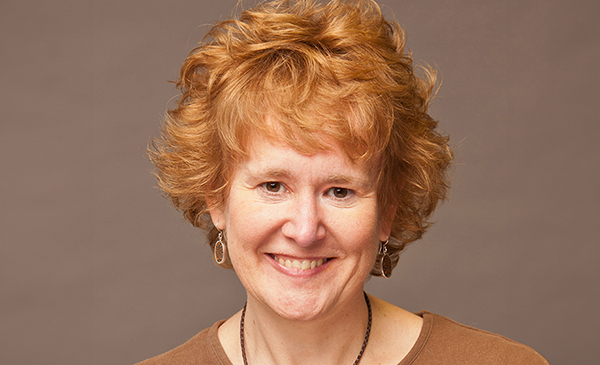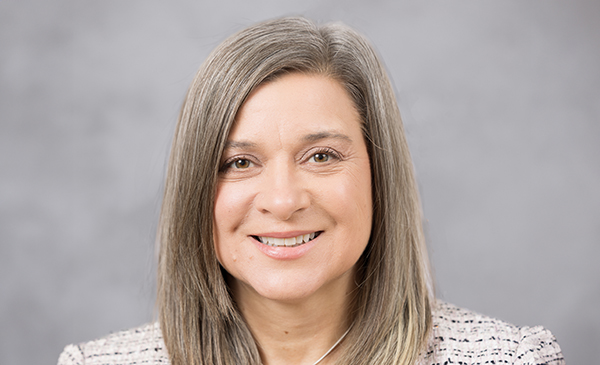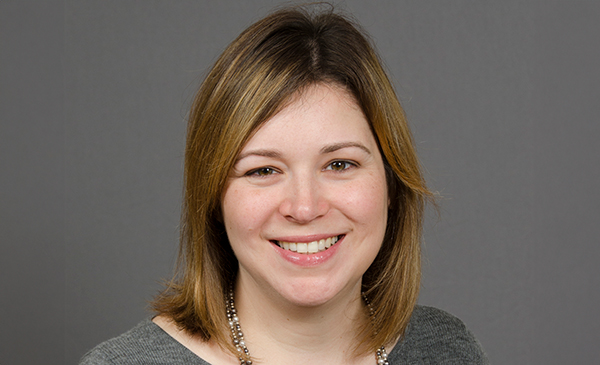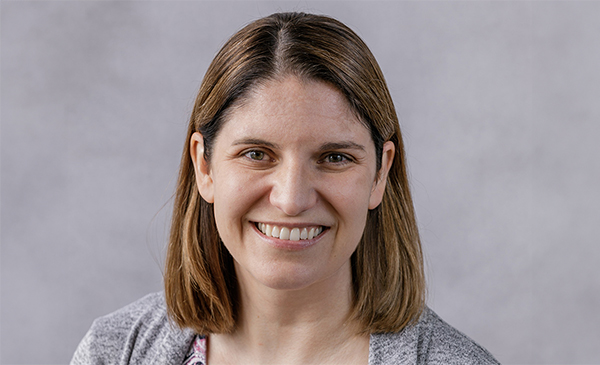Faculty Advisors
Find the right advisor to match your interests
As a part of your application you should identify which faculty member is a strong match to your area of interest and practice.
Find out more about their individual interests, potential project topics, and how to contact them.
Heidi Fischer

- Participation-Focused, Self-management interventions for people with disabilities
- Task-oriented/Occupation-based interventions after stroke
- Advocacy and disability rights
- Primary care
- Contact Heidi at: hwaldi1@uic.edu
Joy Hammel

- Participatory action research on empowerment with people with disabilities
- Community participation assessment
- Interventions to improve participation (home, community, work) with people with disabilities (stroke, intellectual and developmental disabilities) and environmental barriers and supports
- Contact Joy at: hammel@uic.edu
Mary Khetani

- Product enhancements to increase uptake of electronic tools that reinforce client-centered and participation-focused pediatric (re)habilitation
- Process enhancements that strengthen active research projects on client-centered and participation-focused pediatric (re)habilitation
- For examples of current OTD projects, please visit:https://cperl.ahs.uic.edu
- Contact Mary at: mkhetani@uic.edu
Jenica Lee

- Needs assessment/development and evaluation of community-based services to promote Health prevention/wellness with both well elderly and elderly with disabilities and their caregivers
- Special focus on Asian-American elderly, Asian immigrants
- Everyday technology
- Teaching/developing curriculum related to productive aging (e.g. aging theories) and leading groups in the community (e.g. Functional group model)
- Application of MOHO in practice
- Contact Jenica at: jenlee@uic.edu
Susan Magasi

- Health care access barriers for people with disabilities
- Expanding access of performance based and patient reported outcome measurement tools
- Most current research: Developing patient navigator services for people with disabilities to help them negotiate the social services systems. All these efforts are in the early stage of development and may provide students with the opportunity to help guide the efforts
- Contact Susan at: smagas1@uic.edu
Mansha Mirza

- Health and disability disparities among refugees and immigrants settled in the U.S. Examples of OTD projects include creating a set of educational resources for the American Congress of Rehab Medicine (ACRM) focusing on OT/PT clinicians interested in working with refugees (e.g. podcasts, webinars, IEPs)
- Social determinants of health and healthcare access. Examples of projects include review and analysis of healthcare policies and programs (e.g. the CARES Act) and their implications for underserved communities
- Delivery of disability-related health and rehabilitation services for underserved and under resourced populations in local and international contexts. Examples of OTD projects include developing models of care and occupational therapists’ role in non-traditional practice settings such as medical homes, federally-qualified health clinics, and refugee resettlement agencies (local), and global health teams (international).
- Clinical communication with non-English speaking patients. Examples of OTD projects include development of educational resources (such as online trainings and case simulation videos) for clinicians practicing in a variety of settings.
- Community-engaged research and practice. Examples of projects include student implementing occupation-focused programs at community sites; needs assessment with disabled refugees regarding the impact of the lockdown on their health and wellbeing
- Contact Mansha at: mmirza2@uic.edu
Elizabeth Walker-Peterson

- Designing fall prevention programs for older adults, especially community-based older adults or vulnerable populations
- Creating and implementing process evaluations
- Developing, delivering and evaluating continuing education initiatives for occupational therapists
- Teaching occupational therapists and occupational therapy students effectively.
- Facilitating changes in health care providers’ practice behaviors
- Creating effective administrative processes for an entry-level occupational therapy program (e.g., strategic planning, program evaluation procedures) and evaluate the effectiveness of those process.
- Planning, delivering and evaluating interprofessional education efforts.
- Contact Elizabeth at: epeterso@uic.edu
Kathy Preissner

- Self-management programing for clients or lay caregivers, especially in the area of multiple sclerosis
- Continuing education for OT clinicians or fieldwork educators/supervisors (for example, designing, implementing and evaluating an online CE course about ethics in fieldwork education)
- Teaching and learning in entry-level OT education
- Contact Kathy at: kpreiss@uic.edu
Ashley Stoffel

- Promotion of family engagement and culturally sensitive practice with young children and families in Early Intervention and community settings; continued development of the English and Spanish versions of the Preschool Activity Card Sort
- Developing and evaluating Community of Practice (CoP) at local, state and national levels with pediatric stakeholders; measuring outcomes, website development for the IL EI and Schools CoP
- Continued development of the UIC OT Faculty Practice: Children, Youth & Families including program evaluation, outcome measurement, and family and child engagement
- Contact Ashley at: astoffel@uic.edu
Yolanda Suarez-Balcazar

- Addressing health disparities and promoting healthy lifestyles among African Americans and Latino youth with disabilities and their families
- Cultural Competence and diversity issues in health professions
- Rehabilitation outcomes for Latinos and African Americans with disabilities
- Empowerment and participatory approaches to evaluation and community capacity building
- Contact Yolanda at: ysuarez@uic.edu
Renee Taylor

- Client-therapist communication (Intentional Relationship Model)
- Model of Human Occupation
- Cancer Fatigue
- Contact Renee at: rtaylor@uic.edu
Ryan Thomure

- The application of occupational therapy in nontraditional settings such as homelessness and addiction
- Developing occupational therapy in community mental health settings
- Application of psychosocial concepts in settings other than mental health
- Occupational therapy practice with LGBTQ identified clients
- Contact Ryan at: athomu2@uic.edu